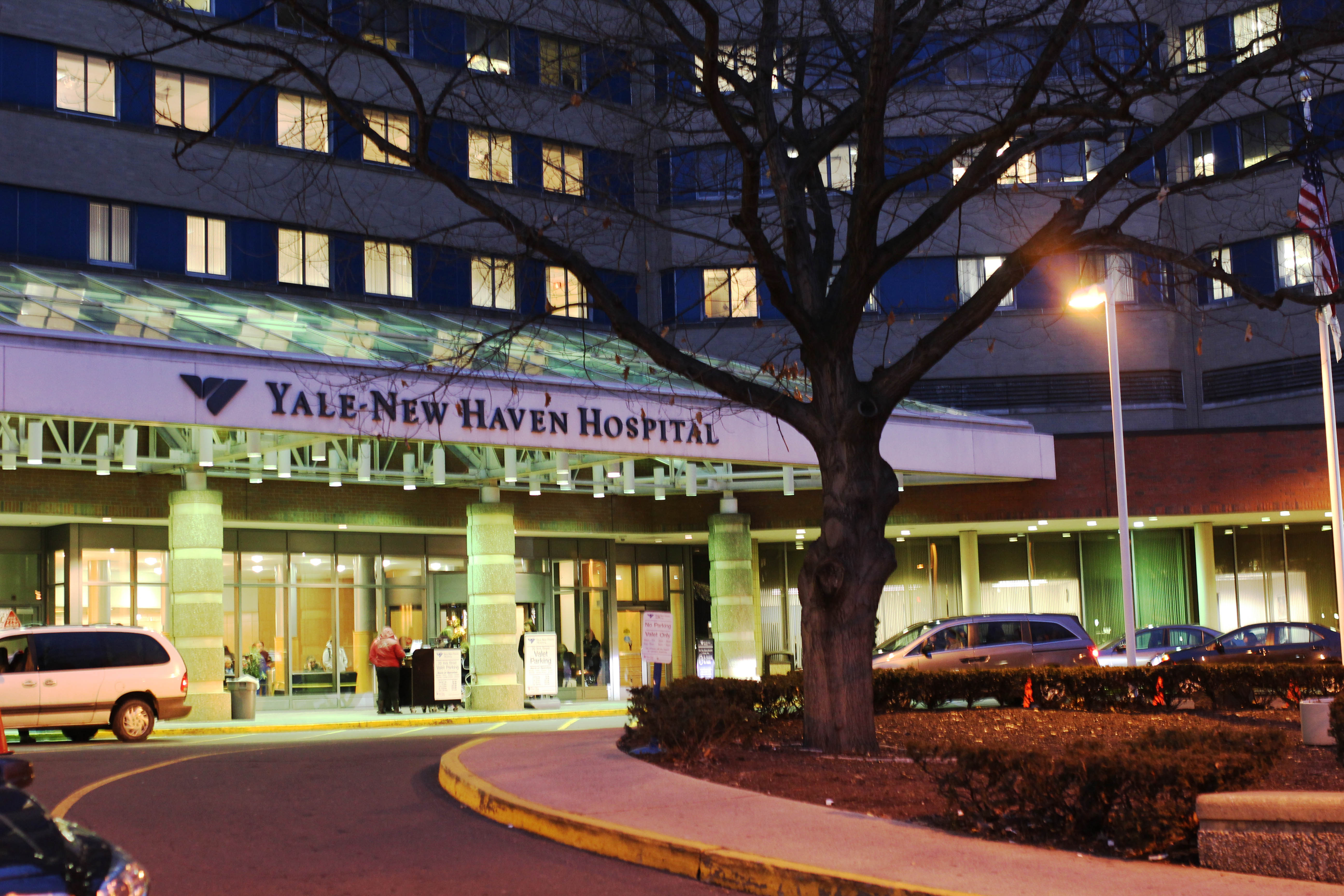
On Jan. 19, emergency medical technicians hurried an 18-month-old boy to Yale-New Haven Hospital after he consumed a phencyclidine-laced cigarette belonging to his father.
Police arrived at Brookside/West Hills apartments last week after a 27-year-old mother called the New Haven Police Department to report that she believed her baby to be high. In a press release published last week, the parents said the infant was “acting oddly — as if he was high” before he fell unconscious. The mother said she smelled phencyclidine, a hallucinogenic commonly referred to as PCP, on the child’s breath. She added that the contraband cigarettes were available in their home and within the child’s reach. When emergency medical professionals arrived, the boy had a pulse and was breathing on his own, but was still taken to the hospital. Since being admitted to Yale-New Haven, the child’s condition has stabilized, according to a news release from NHPD spokesman David Hartman.
“It is critical to provide [substance-abuse recovery support] to families, especially those with the most vulnerable — younger children,” said Mary Painter, director of substance abuse treatment and recovery at the Connecticut Department of Children and Families.
Both parents were taken into custody on Jan. 19 and are facing charges for risk of injury to a minor. Furthermore, the 28-year-old father was charged with possession of narcotics, Hartman said. Hartman declined to comment further on the case, but noted that similar situations “[are] not common.” Under Connecticut law, specific information about the case is confidential, Painter said.
While the unintended ingestion of contraband by a youth may be rare, DCF Communications Director Gary Kleeblatt said that 60 to 70 percent of children in child welfare programs come from homes with substance abuse. The DCF could not comment on whether the child admitted to Yale-New Haven Hospital last week will be streamlined into a child welfare program.
“There is a tremendous intersect between child welfare-involved families and substance abuse, so we have a pretty large service array in Connecticut to try to address parental substance-abuse, as well as adolescent substance-abuse, issues,” Painter said.
Painter said the DCF does not look to remove children from their homes unless it is absolutely necessary. Cases such as these are the reason behind the DCF’s commitment to developing services to address the needs of families impacted by substance abuse and addiction, she added. Within these family rehabilitation programs, a team of clinical staff is connected with a family and works to engage the family through in-home visits. Staff members are charged with providing their family with emotional support, information on services to aid housing and financial concerns, and aid in the psychosocial needs and other mental health diagnoses of clients.
This echoes a deeper belief of the DCF — that a person actively working to address his substance-use disorder with a positive support system can recover. However, Painter said, the stigmatization of substance abuse can obscure this truth.
“We have to treat addiction like a public health issue, not a crime. In signing this legislation today, Connecticut is taking a stand against a nationwide prescription-opioid and heroin overdose epidemic to become a leader in combating opioid and heroin abuse, preventing drug addiction and overdoses,” Gov. Dannel Malloy said in a July statement.
In 2007, 8.3 million children nationwide lived with at least one parent who abused or was dependent on alcohol or an illicit drug, according to the National Survey on Drug Use and Health.
Interested in getting more news about New Haven? Join our newsletter!








